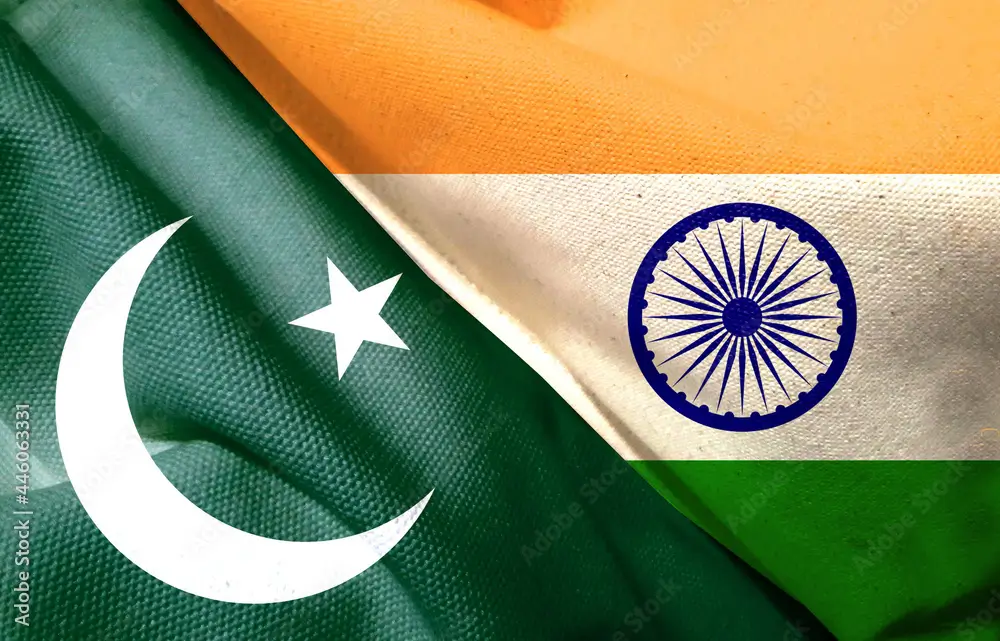Key Findings on India’s Covert Operations in Pakistan
Since 2021, India’s Research and Analysis Wing (RAW) has allegedly been conducting a systematic murder program inside Pakistan, according to a thorough investigation by The Washington Post. The study claims that RAW’s clandestine activities in Pakistan have led to the deliberate murder of about six people on Pakistani territory, which has caused grave regional and global alarm.
Operation Methods Used in India’s Covert Operations in Pakistan
The investigation outlines several methods employed by RAW to execute its covert operations in Pakistan. Sources from Pakistani and Western intelligence described sophisticated strategies involving:
- reliance on Afghan mercenaries and local criminals instead of Indian citizens in order to evade discovery.
- businesspeople from Dubai who serve as a bridge between RAW and its agents.
- To preserve operational compartmentalisation, distinct teams were assigned to finance logistics, execution, and surveillance.
- Hawala networks that span several continents are used for financial transactions in order to obfuscate money trails.
These methods showcase the complexity and reach of India’s covert operations, with an emphasis on avoiding direct attribution to Indian nationals or entities.
Targets and Scope of India’s Covert Operations in Pakistan
Alleged leaders of UN-designated terrorist groups, such as Lashkar-e-Taiba and Jaish-e-Muhammad, were the main targets of India’s clandestine operations in Pakistan. India has long accused these groups of planning attacks against its people and troops.
RAW’s activities seem to be in line with India’s national security goals by concentrating on these individuals. However, discussions over the morality and legality of these acts under international law have been sparked by the extrajudicial nature of these murders.
International Implications of India’s Covert Operations in Pakistan
According to the study, there are similarities between these killings and RAW’s purported role in pursuing Sikh separatists in both Canada and the US. The tactics’ uniformity points to a larger pattern of extraterritorial actions carried out by the current Indian government. Similar occurrences have been recorded in Western countries, and these revelations have further strained India’s diplomatic ties with those countries.
Official Responses to the Revelations
Generally speaking, Indian officials have refrained from confirming or denigrating certain clandestine activities in Pakistan. The Ministry of External Affairs in India declined to comment when asked about the Washington Post allegation. Pakistani officials, on the other hand, have aggressively denounced these purported operations, contending that India should not be insulated from accountability for extrajudicial executions due to its growing worldwide influence.
Notably, Pakistan’s ISI Director General Nadeem Anjum reportedly raised concerns about these covert operations with CIA Director William J. Burns during a meeting in 2022.
Recent Developments in India’s Covert Operations in Pakistan
According to the inquiry, Pakistan started to openly discuss these actions in 2024, especially because the killings appeared to improve Prime Minister Modi’s reputation at home. While Modi has alluded to these activities in passing during campaign speeches, Indian media outlets have publicly praised RAW’s expanding extraterritorial capabilities.
Expert Analysis of India’s Covert Operations in Pakistan
These clandestine actions, according to analysts, represent a change in strategy under Modi’s direction. The so-called “New India” strategy denotes a willingness to carry out audacious, risky actions outside of its boundaries. Asad Durrani, a former director general of the ISI, is among the analysts who argue that India and Pakistan may be continuing their shadow war in order to obtain political clout at home.
The Washington Post’s study highlights the changing character of the war between these two nuclear-armed neighbors and offers previously unheard-of insight into India’s clandestine operations in Pakistan.

